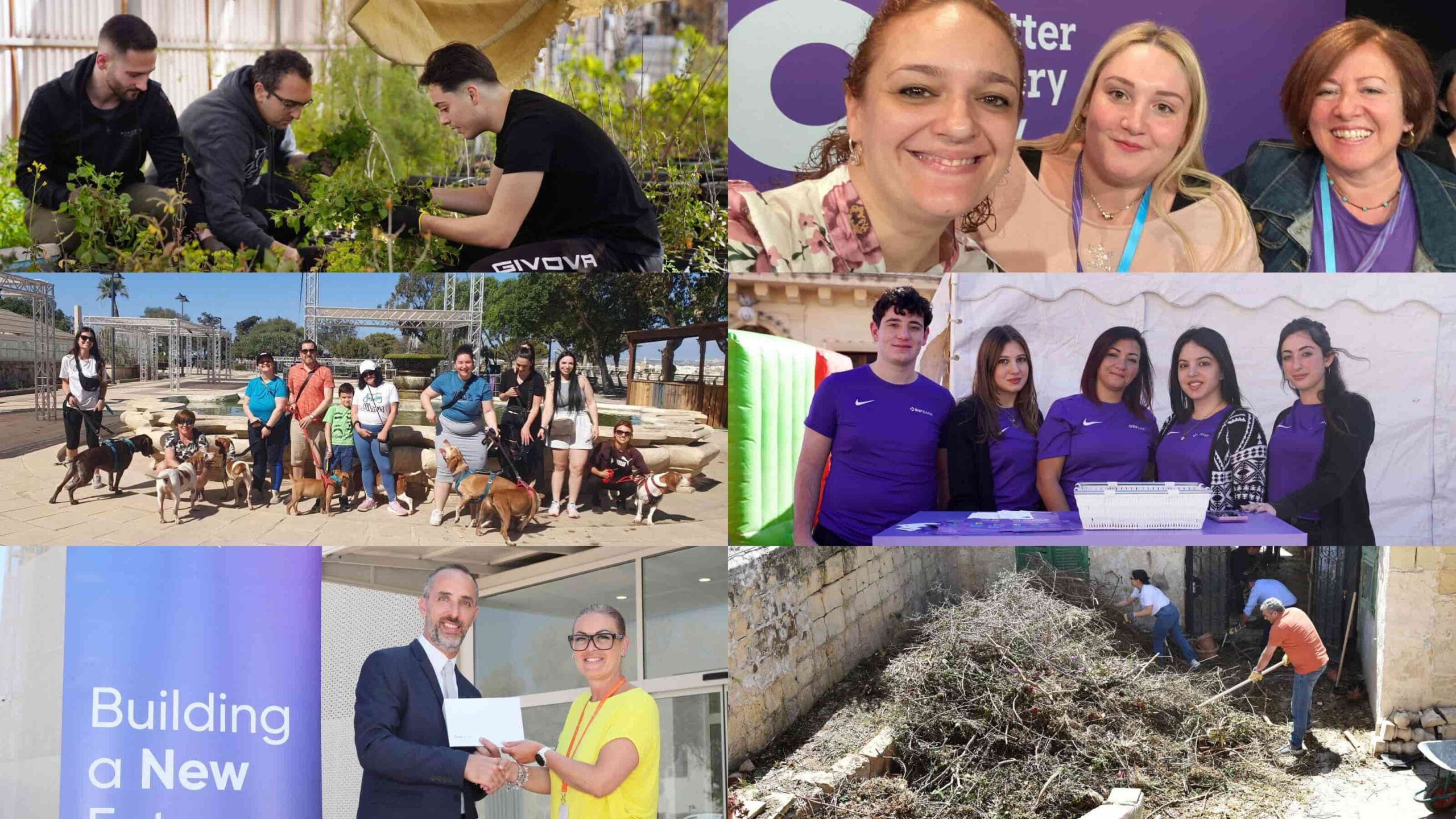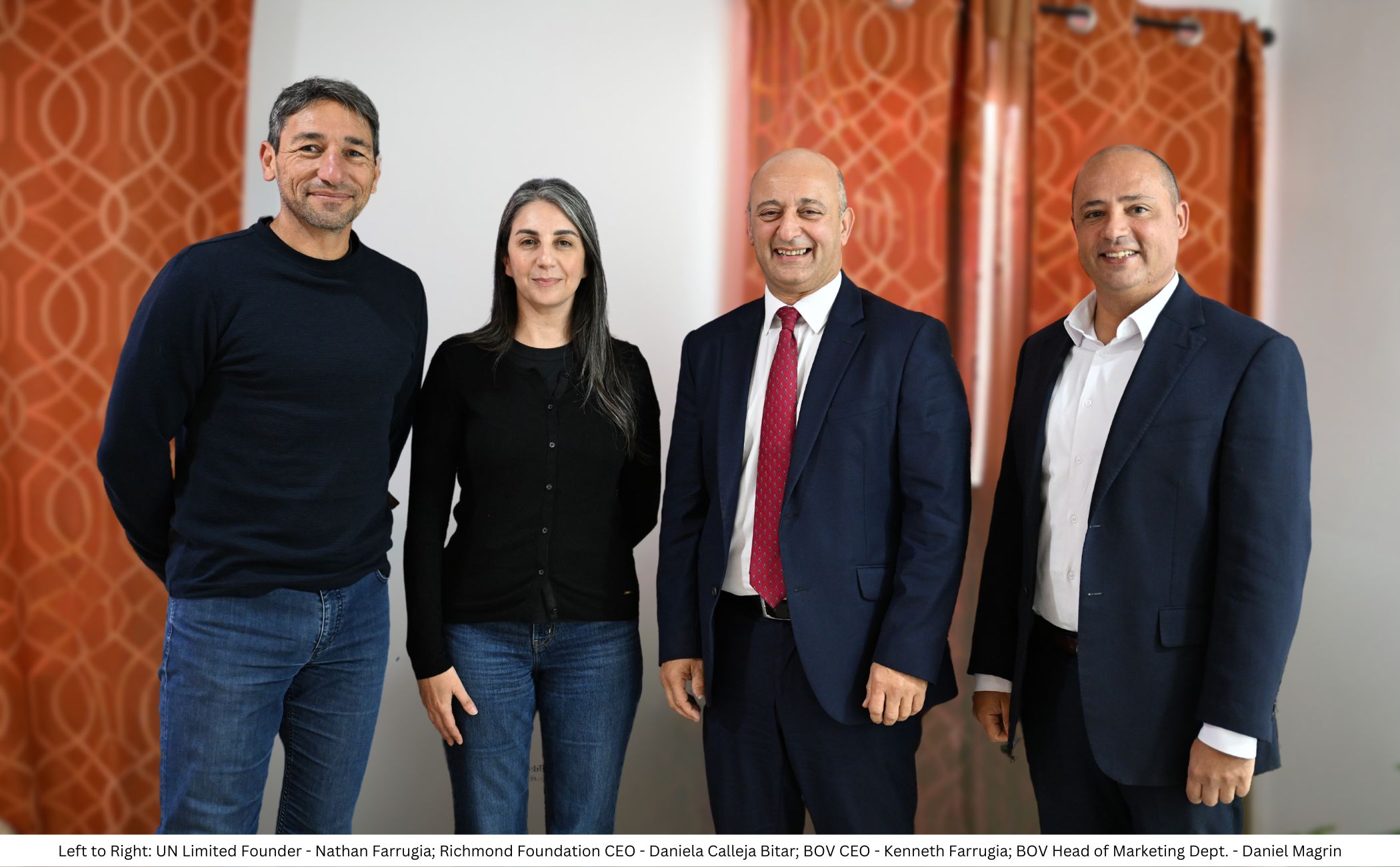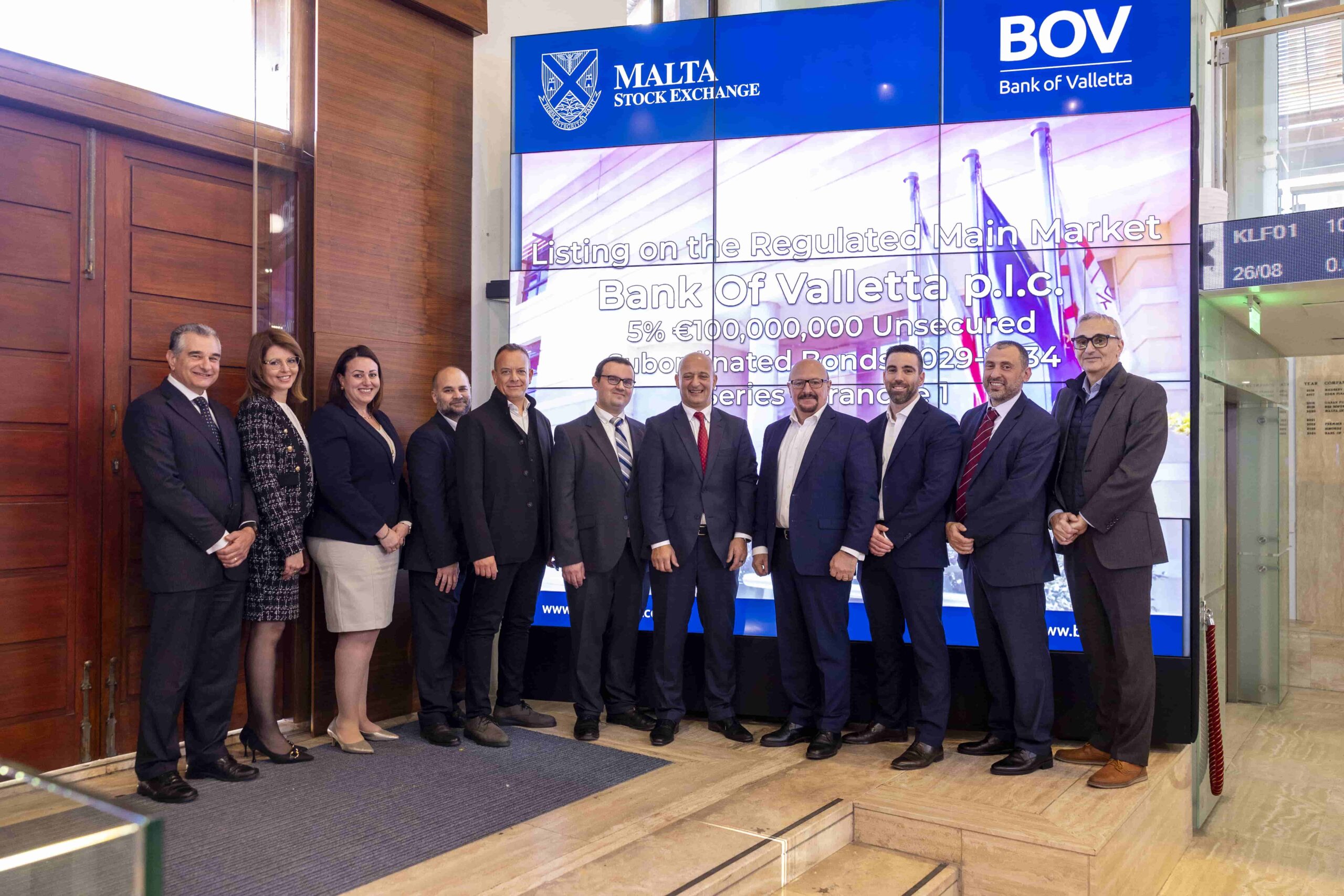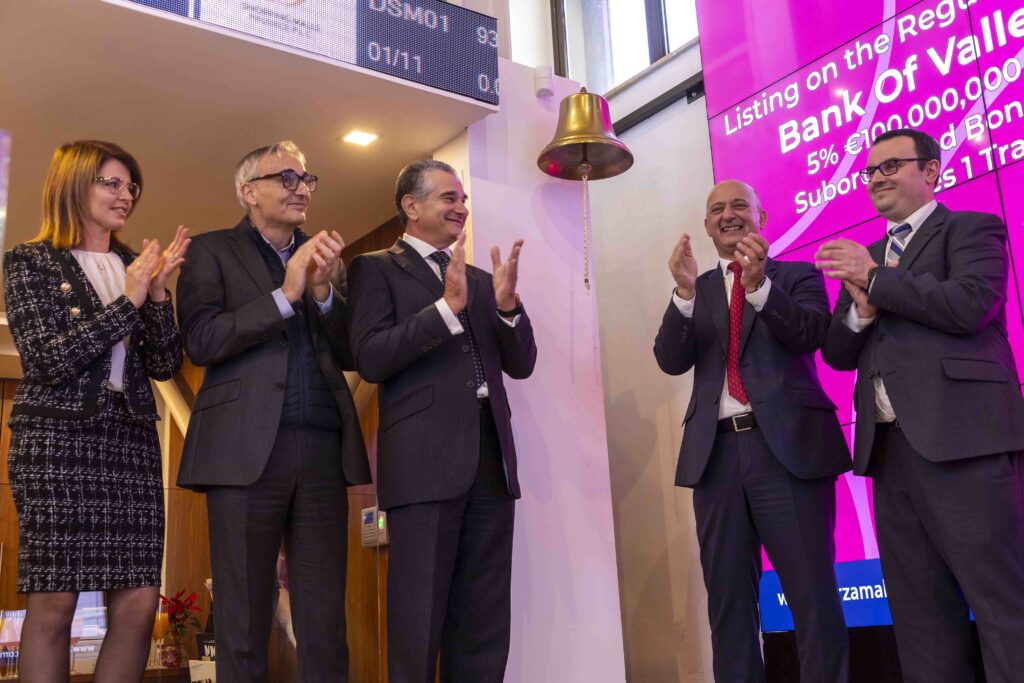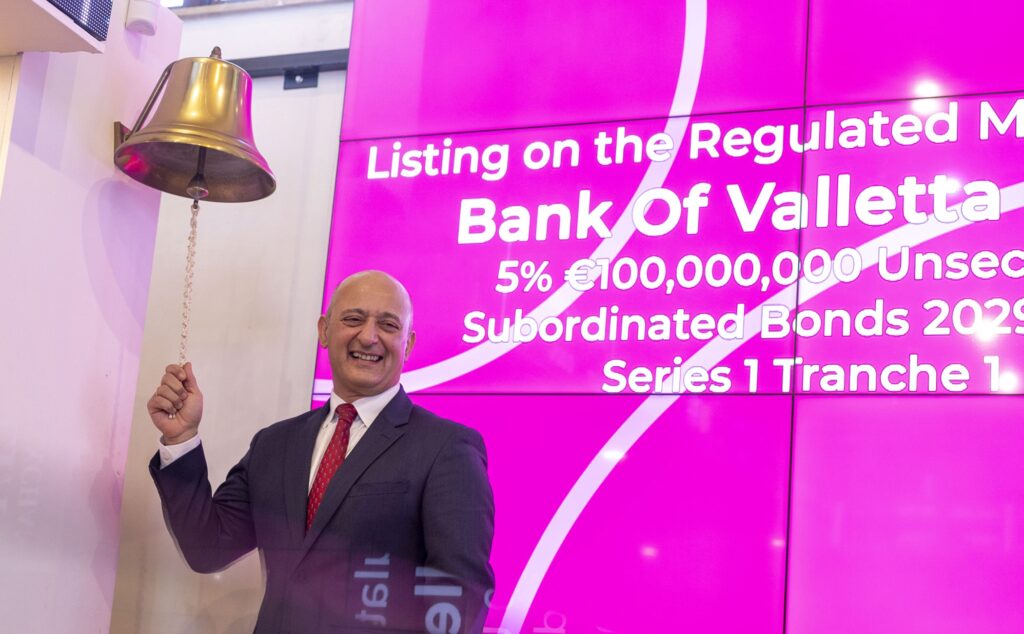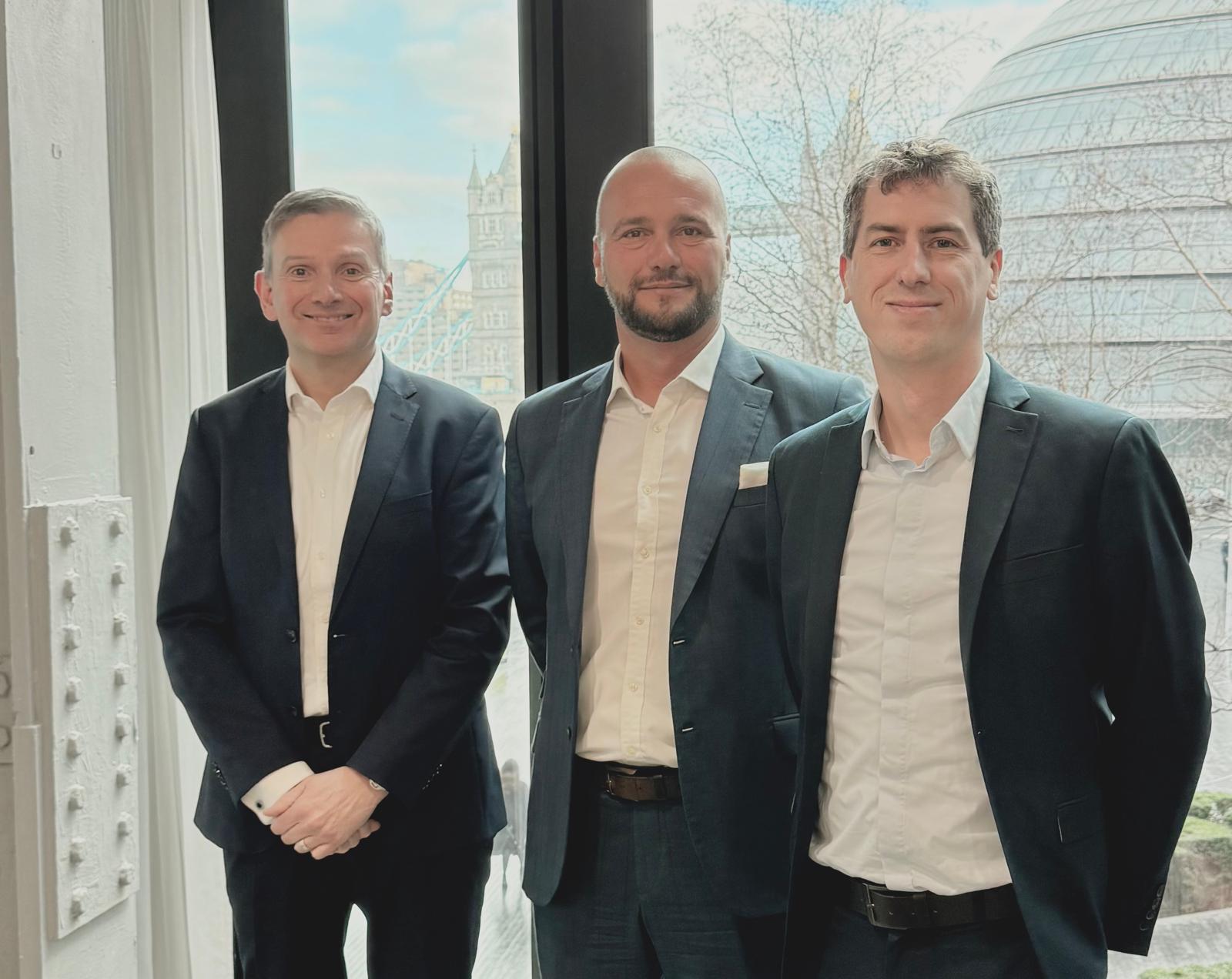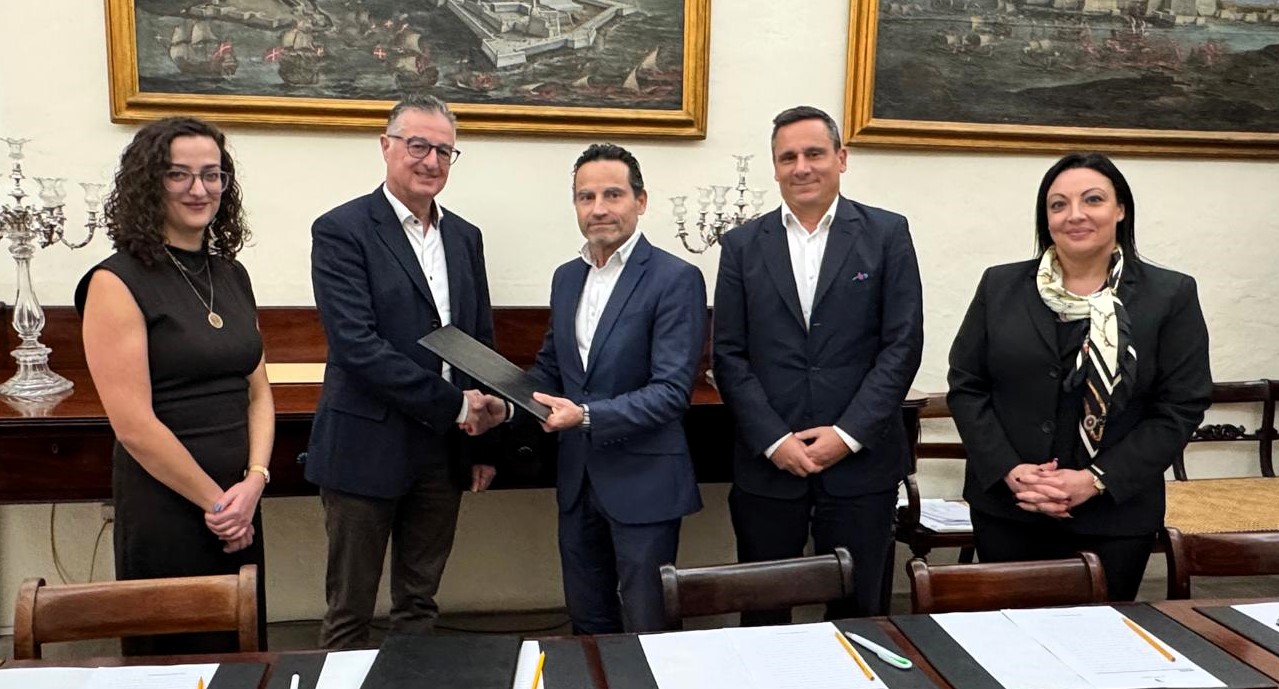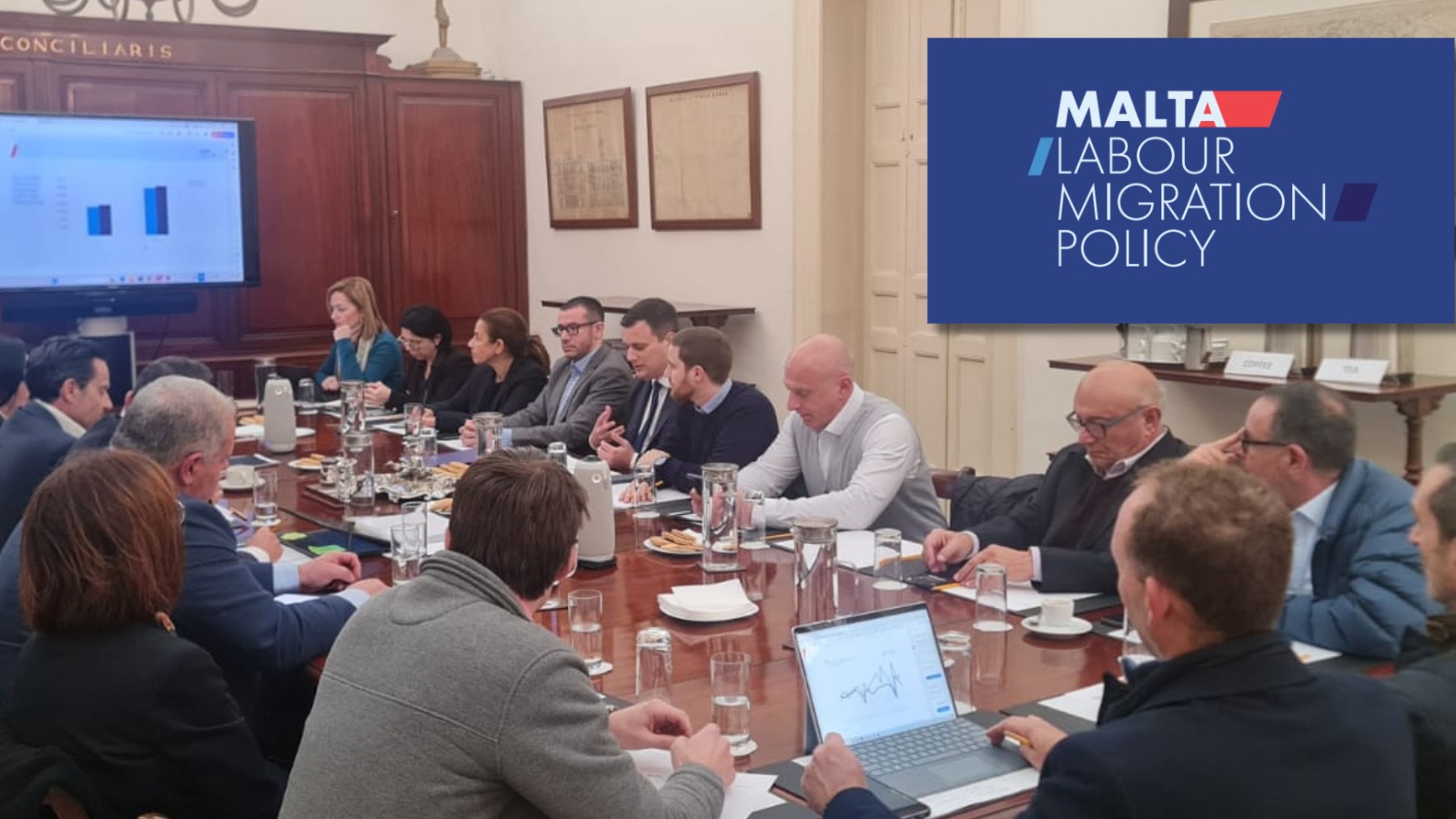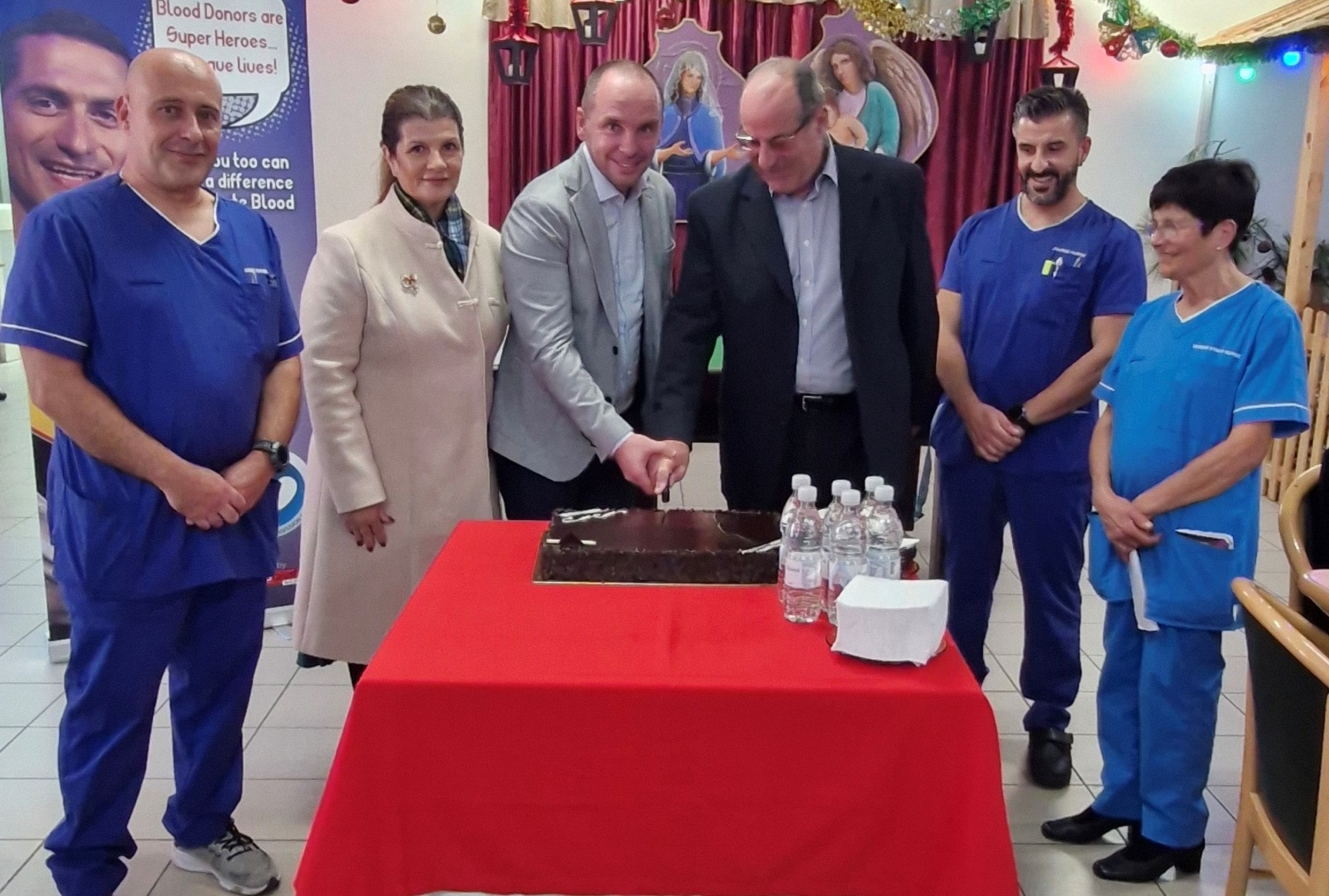The Malta Chamber of Commerce, Enterprise, and Industry is pleased to announce that it has officially joined CLECAT as of January 2025.
CLECAT is a European policy lobbying body representing the interests of over 19,000 companies across Europe, employing more than 1,000,000 staff in logistics, freight forwarding and customs services, making it the most representative organisation of its kind.
By affiliating with CLECAT, The Malta Chamber will enhance its capabilities in three key areas, which are
• Substantiate its expertise, by accessing and better grasping the collective sectorial insights across the EU.
• Contribute to national interest representation, by improved alertness to policy matters impacting Malta, and contribution within its Working Groups reflecting positions in key areas, together with EU advisory arm Malta Business Bureau.
• Expand influence beyond the Council and European Parliament to key European sectoral lobbying groups which are instrumental, particularly when lobbying with the European Commission.
The Malta Chamber is already an active participant within other European fora, like Eurochambers, Business Europe and Enterprise Europe Network. The Malta Chamber is also active within the Island Nations Advocacy Group (INAG), which brings together island states such as Malta, Ireland, and Cyprus to promote converged positions. Membership in CLECAT will further strengthen these efforts at the European level.
In light of Malta’s unique geographical position, the Malta Chamber has repeatedly reiterated its call for the introduction of a “Territorial Proofing” or “Insularity Test” as part of the EU’s Competitiveness Check within the impact assessment process. EU regulations should consider the specific challenges faced by peripheral island states. The Malta Chamber also stresses the importance of conducting timely impact assessments, to prevent unintended consequences by adopting measures that reflect the distinct needs of such, from the outset of the legislative process.
European freight forwarders and customs agents clear approximately 95% of all goods in Europe and handle a significant proportion of transport operations, including 65% of cargo by road, 95% by air, and 65% by sea. Their operations also encompass rail freight, inland waterways and intermodal transport, leveraging advanced IT systems, dedicated terminals and warehousing to meet customer demands effectively.
Alongside the Malta Chamber, two other organisations have joined CLECAT this year, which are, the Romanian Freight Forwarders Association (USER) and the Romanian Association of Customs Brokers (Roubroker). With these new members, CLECAT now comprises 28 national associations, reinforcing its role as the leading voice for European logistics and freight forwarding.

